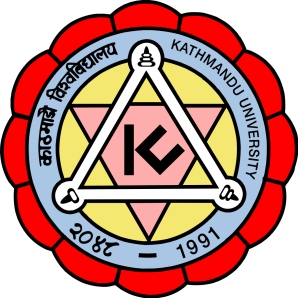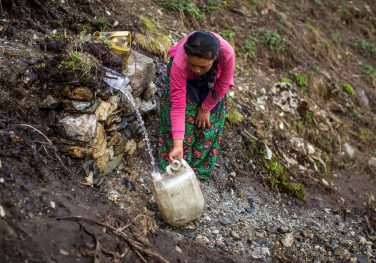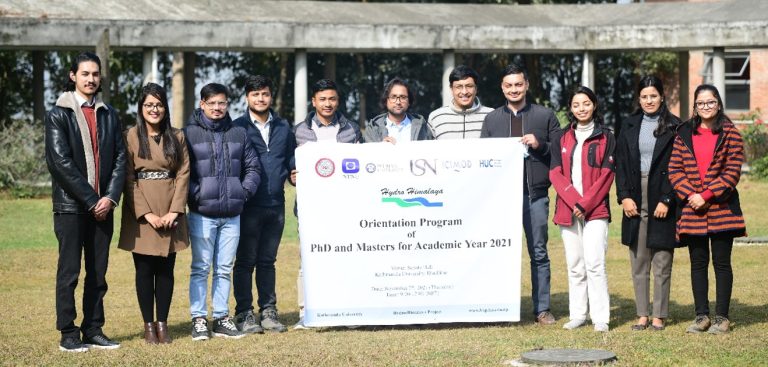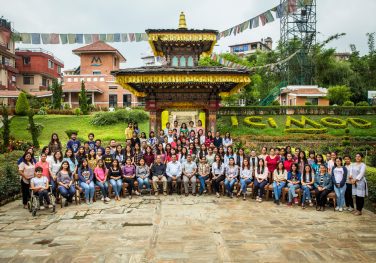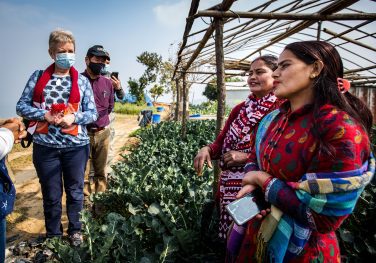Dr. Chi H Truong (a.k.a. Shachi) is an anthropologist by training (PhD, U of Toronto, 2001; Post Doctoral, Harvard, 2006). She conducted ethnographic research on social memory, gender, education for indigenous/ethnic minority children, child poverty, and post-disaster livelihoods recovery and resilience in Cambodia, the Philippines, and Nepal. She taught at Vietnam National University and Vietnam’s Academy of Social Sciences (2001-2004) and served as Lead Qualitative Researcher of Young Lives, an International Study of Childhood Poverty by Oxford University (2008-2010).
Before becoming the Programme Coordinator – Secretariat Lead of the Himalayan University Consortium in 2016, Dr. Truong was active in building a regional network of Southeast Asian scholars and contributed to inter-disciplinary curriculum development, training and international collaborative research projects funded by The Toyota Foundation, The Ford Foundation and the Rockefellers Foundation.
During her 8 years serving as the HUC Secretariat Lead (2016-2024), Shachi played an instrumental role in expanding the Consortium in quantity and enhancing the quality of membership. She facilitated the formation and operation of Thematic and Cross-Cutting Workgroups, an innovative modality whereby the Consortium’s collaborations shifted from transactional relationships (institutional grants) to transformational partnerships that are based on resource sharing and distributive leadership principles. Dr. Truong led the shift from the supply-driven technical transfer model of capacity development to demand-driven collaborative learning whereby knowers share multiple forms of knowledge and ways of knowing and co-design sense-making and value-creating solutions. She was also the force behind the digitalization of capacity development and the productive transition to e-governance of an academic network.
In her capacity as HUC Secretariat’s Executive Director from 1 July 2025, Dr. Truong brings her 20+ year expertise in climate governance and institution building in the context of postcoloniality and decolonialization of knowledge and knowledge institutions to assist the Consortium’s leadership in navigating the HUC’s transition into a self-reliant and thriving academic network, making unique contributions to the betterment of the HKH and its communities.
